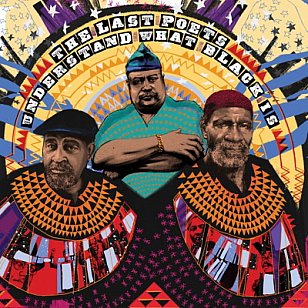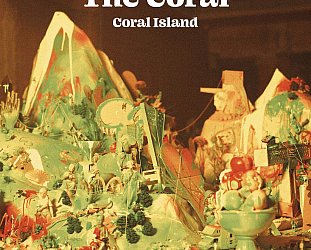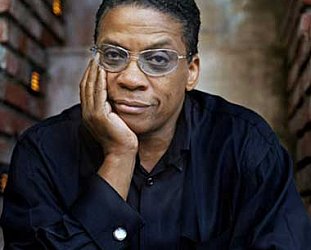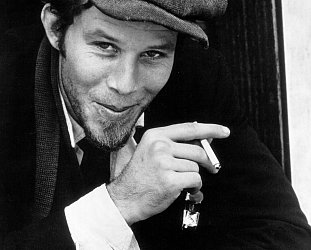Graham Reid | | 2 min read
Rain of Terror

University students have grown up in a post-gangsta rap world so taking them back to origins – preachers in the church, street poets, Gil Scott Heron and others – is always a challenge for them. They hear some of it as odd, simple and sometimes compelling.
The Last Poets present a particular problem because of pieces like Niggers Are Scared of Revolution where you have to cautiously negotiate the “N word” – You Tube helpfully has it as “Niggaz” – while pointing out that in this instance (and others in their work) this was a term directed at their own people at that time when the revolution wasn't just a discussion topic but an impending actuality.
The Last Poets formed half a century ago in a volatile year in “Amerikkka” and although a number of them have died and there were breakaway projects, the long-serving members of Abiodun Oyewole and Umar Bin Hassan have come together again for Understand What Black Is, the first Poets album of new material since '97s Time Has Come.
And in a world where people actually have to say “Black lives matter”, the Last Poets – named in reference to being the final poets before the violent revolution comes – could hardly be more relevant.
Here with reggae producer Prince Fatty bringing in the deep grooves and horns, the music touches a number of black idioms, notably the slippery jazz swing which often underpinned their earliest rhetoric (as in the hipster wordplay and evocations of everyone from Hendrix and Prince to Chano Pozo and others on North East West South over a reggae lope).
But of course there is serious stuff going down here too. Pieces like How Many Bullets (“you can't kill me . . . or are you trying to blow my brains out with bigotry”) and Rain of Terror hardy need any explanation.
The dubbed-up former with a sinuous sax line throughout chants down slavery days and imposed religion, “you thought you shot Malcolm” and the sacrifices made for freedom and the many legacies of black culture: “We live in awe of ourselves”.
The 10 minute Rain of Terror with echoes and delays allows Oyewole to recount his country's history of violence: “America's a terrorist, killing the natives of its land, killing has always been a part of its masterplan”. So there is no respect for the land or the air, “Christianity was an excuse to bring others to their knees”, people were chained (“those who survived the slave ships”), fear is instilled, lynchings and so on.
“Thou shalt not kill is not part of the American Dream . . . because to kill is to thrill, they love to show it on the TV screen . . .”
Slavery days are as real as today's gang bangers, there are evocations of great black musical styles (the dark She Is which detours into a history lesson on jazz) and this is soaked in struggle, survival and celebration alongside necessary confrontation.
There is a lot of information here wrapped up in music which alludes to New Orleans, big bands, Afro-Cuban beats and cool jazz, all held together by reggae consciousness.
A lot of rappers can create rhymes . . . but these guys really are poets.





post a comment